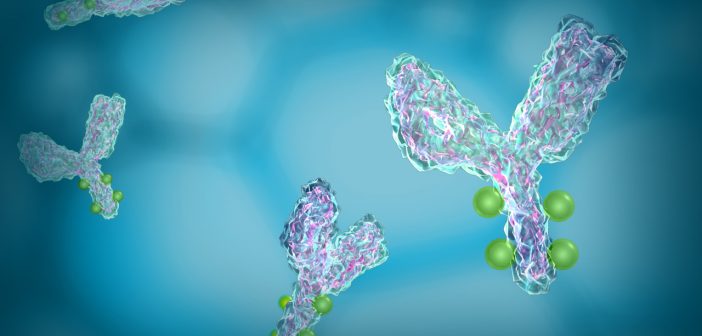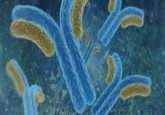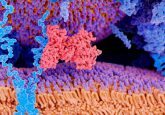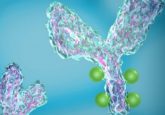Could urine liquid biopsies help monitor bladder cancer treatment?

A team of researchers have demonstrated for the first time that immune cells in the urine of bladder cancer patients accurately reflect those in the tumor environment. The findings were recently published in the Journal of Experimental Medicine.
In this study, the investigators examined 32 patients with bladder cancer that had invaded the muscle wall. Urine and blood samples were conducted on the day of surgery to remove the tumor and these were compared with both their tumor and healthy bladder tissue.
From this the researchers, from University College London (UCL) Cancer Institute and UCL Hospitals (both London, UK), were able to identify T cells in the urine, which are usually absent in healthy individuals. Crucially, the T cells matched those found within the tumor environment of the bladder cancer, regardless of cancer stage and treatment history.
They included the checkpoint molecules PD-1 and CTLA-4, which are targeted by approved immunotherapy drugs, and others such as TIM-3 which are being evaluated in early clinical trials.
Sophia Wong, co-lead author from UCL, explained: “Our results show for the first time that urine liquid biopsies can be used as a non-invasive window into the bladder tumor environment. This valuable information could be used to discover immunotherapy targets and aid the design of combination treatments that exploit different components of the immune system.”
“This research looked at a single time point, so clinical trials that include urine analysis over time are now needed to find out whether urine-derived T cells could tell us if a patient is responding to treatment, or be an early warning that a switch in therapy is required,” Wong added.
The study also identified a relationship between urine-derived T cells and patients’ chance of survival, as the disease was more likely to reoccur in individuals with higher numbers of these cells. This indicates that urine-derived T cells may therefore also serve as a prognostic marker.
“Immunotherapy holds great promise for cancers that are difficult to treat, but a greater knowledge of the complex immune system is required to unlock their potential. By using a non-invasive urine test to profile the bladder cancer immune landscape, this small study could help us understand why only a fraction of patients respond to immunotherapy.” concluded Peter Johnson from Cancer Research UK Southampton Centre.





